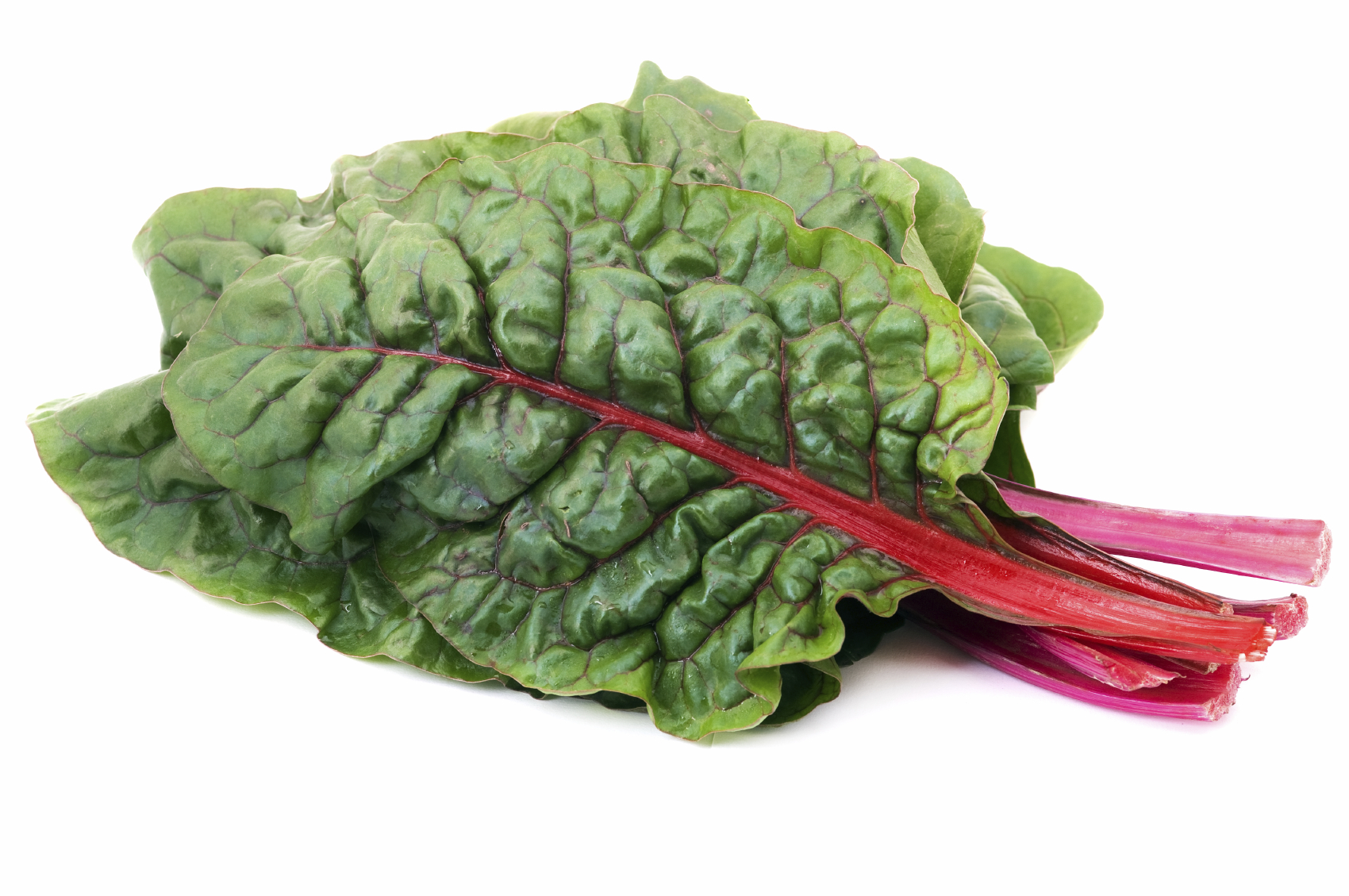Almost half of people who find out their heart is failing die within just five years.1 But your doctor may not be much help.
They might help ease some of your symptoms. But they won’t help you live any longer. Now new research shows there’s a natural solution that may do just that.
Researchers at the University of Pennsylvania looked at data from 654,060 subjects between 1999 and 2007. They were all taking a prescription diuretic. But about a quarter of the people were also taking a common mineral. By the end of the study, researchers found it significantly lowered their risk of dying by up to 16%.2
It’s a nutrient your body needs for optimal kidney health. But it may also be a natural way to help tame blood pressure. This could be why it helped subjects in this study live longer.
In fact, the benefits of this natural compound are so well-known that Big Pharma created a knock-off. It’s supposed to provide an extended release. And it will. Of course, it’ll also give you a dose of hydrogenated vegetable oil, propylene glycol, and even artificial food dyes. But worst of all is that it may put your heart in direct danger.
Changes in heartbeat are just one side effect of this drug. The others include confusion, muscle weakness, severe stomach pain, numbness in your extremities, and—why not—diarrhea.3
That’s why we recommend getting this essential electrolyte from natural sources instead. It may help keep your heart performing at its best.
We’re talking about potassium.
Even small changes in your body’s potassium levels can cause problems with your nerves, muscles, and heart. It’s no surprise that it may have been responsible for helping patients’ hearts beat a little longer.
Not having enough potassium can cause weakness, numbness, constipation, and muscle cramps. But it may also cause fainting from sudden drops in blood pressure. It might even make taking a prescription diuretic dangerous.
As your heart gets weaker, blood becomes harder to pump. This backs up your veins and causes fluid to build up. That’s where a diuretic comes in. These water pills tell your kidneys to produce more urine. This helps eliminate excess fluid buildup.
When you have low potassium, you may pass more urine than you normally would. Combine this with a diuretic that forces out fluid and you run the risk of severe dehydration.4 But don’t take the “potassium” your doctor wants to put you on…Potassium is an easy mineral to get from organic foods. Beet greens and chard are two of the most nutrient-dense green vegetables you can eat. And they’re both full of potassium. They give you more than any other food source. Spinach, avocado, and even the occasional sweet potato are all good options too.5
You can also find natural potassium supplements that use whole food sources. Look for them at your local health food store and online.
Like this Article? Forward this article here or Share on Facebook.
References:
1http://www.cdc.gov/dhdsp/data_statistics/fact_sheets/fs_heart_failure.htm
2http://www.plosone.org/article/info%3Adoi%2F10.1371%2Fjournal.pone.0102279
3http://www.rxlist.com/klor-con-drug.htm
4http://www.emedicinehealth.com/low_potassium/page3_em.htm#low_potassium_symptoms
5http://www.whfoods.com/genpage.php?dbid=90&tname=nutrient

